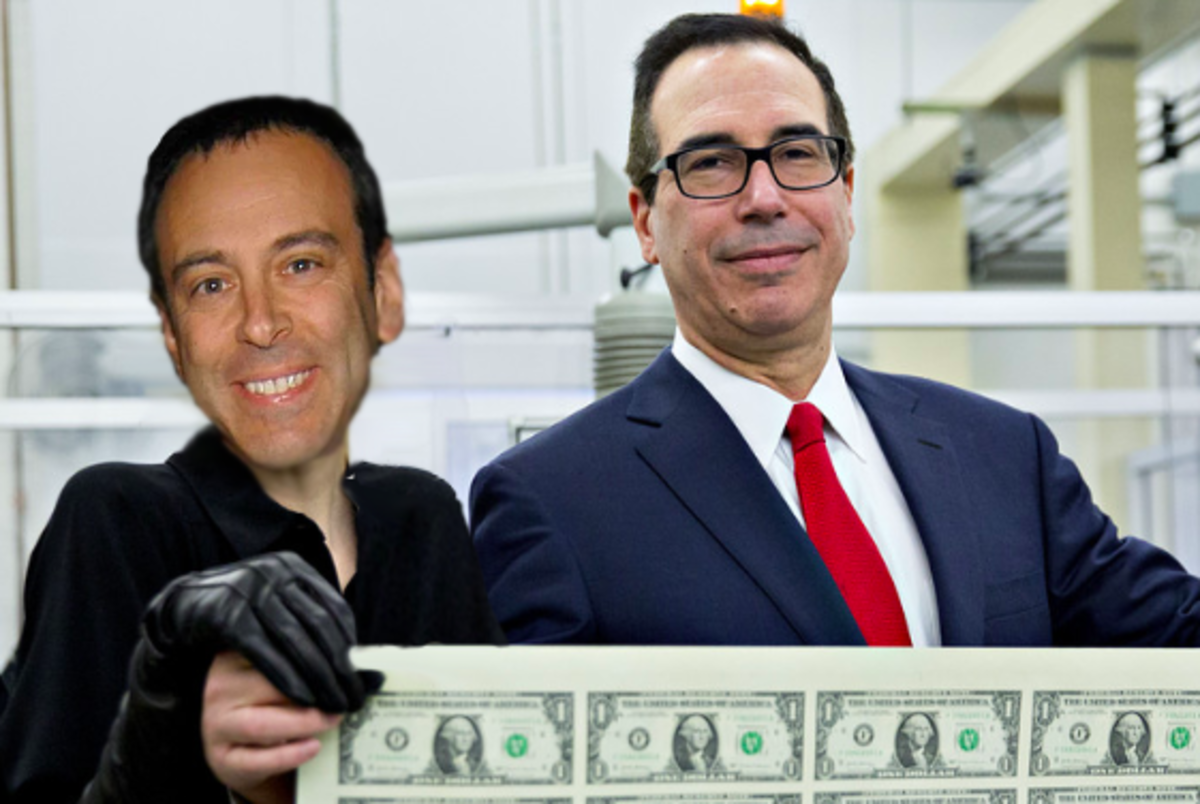
There never was any doubt that the “hedge fund guys” Donald Trump railed against in his 2016 campaign and then stocked his administration with would do well out of his great 2017 tax heist “reform,” nor that the carried interest loophole he pretended to oppose would survive. After all, look at the two guys who wrote it.
Now look at them again, and consider the seat-of-the-pants, slapdash way in which they wrote it, and also the way it was passed before anyone actually bothered to read the thing, and it’s equally unsurprising that it’s riddled with errors—like the part where they wrote “athletics” instead of “athletes,” potentially screwing over billionaire team owners instead of the people of color who play games for a living as undoubtedly intended. It’s even less surprising that the rich people who did so well from it think they should have done even better, and even less surprising still that those rich people have teams of tax lawyers seeking the wring every potential loophole and advantage for all that it’s worth.

